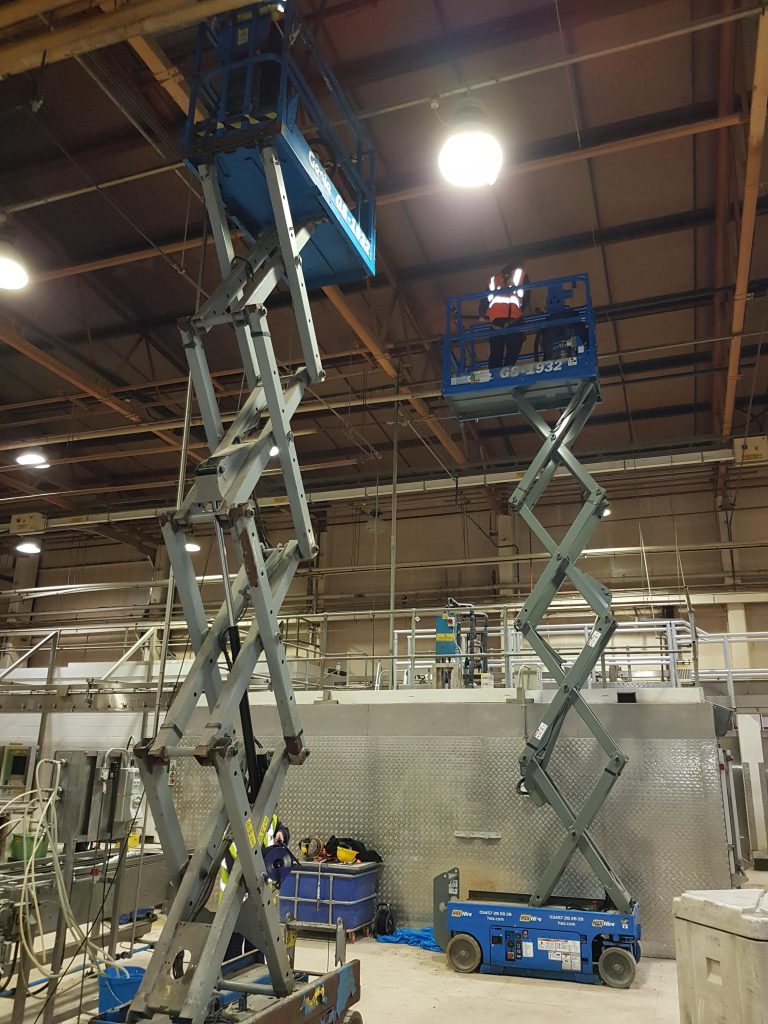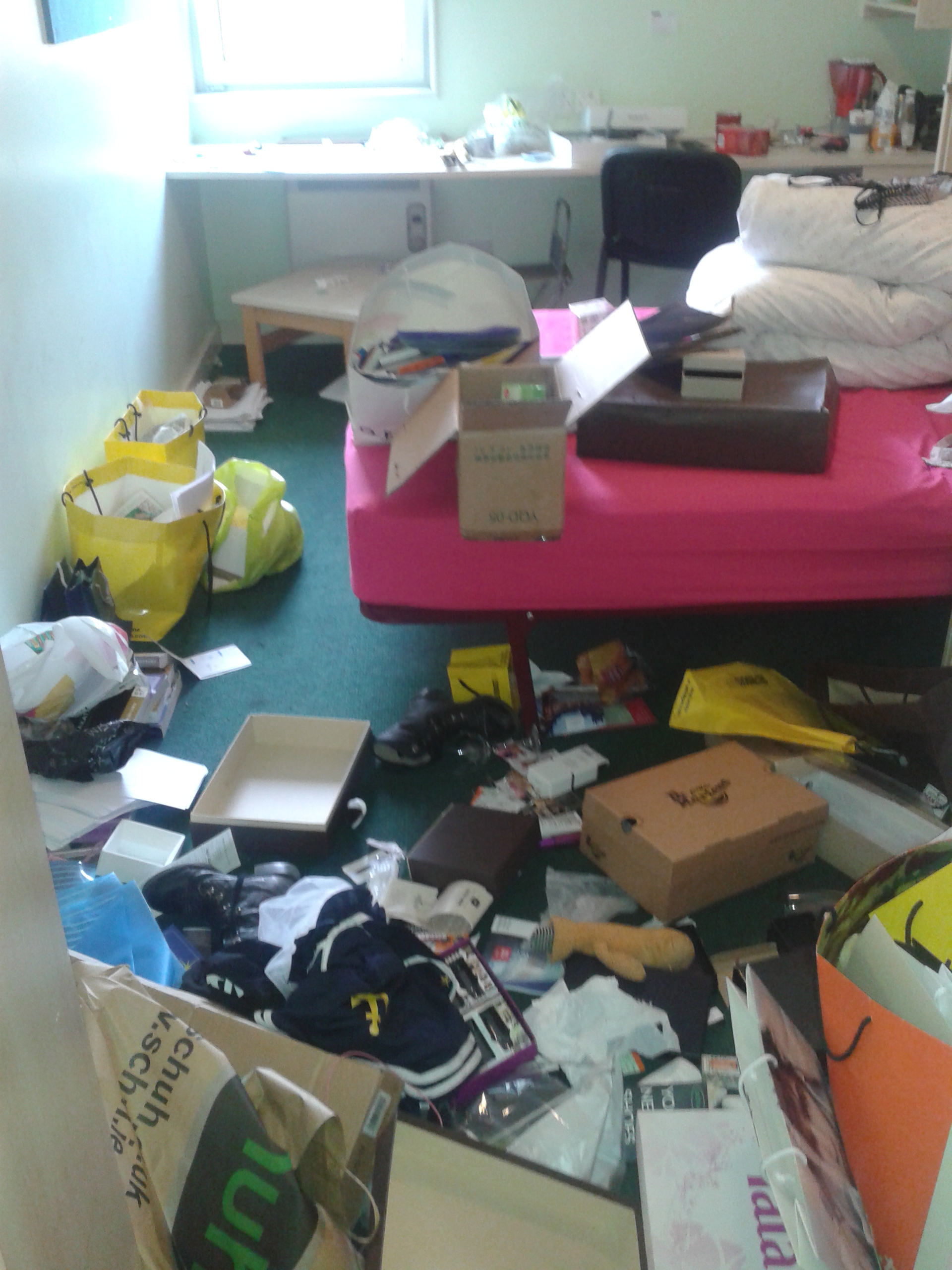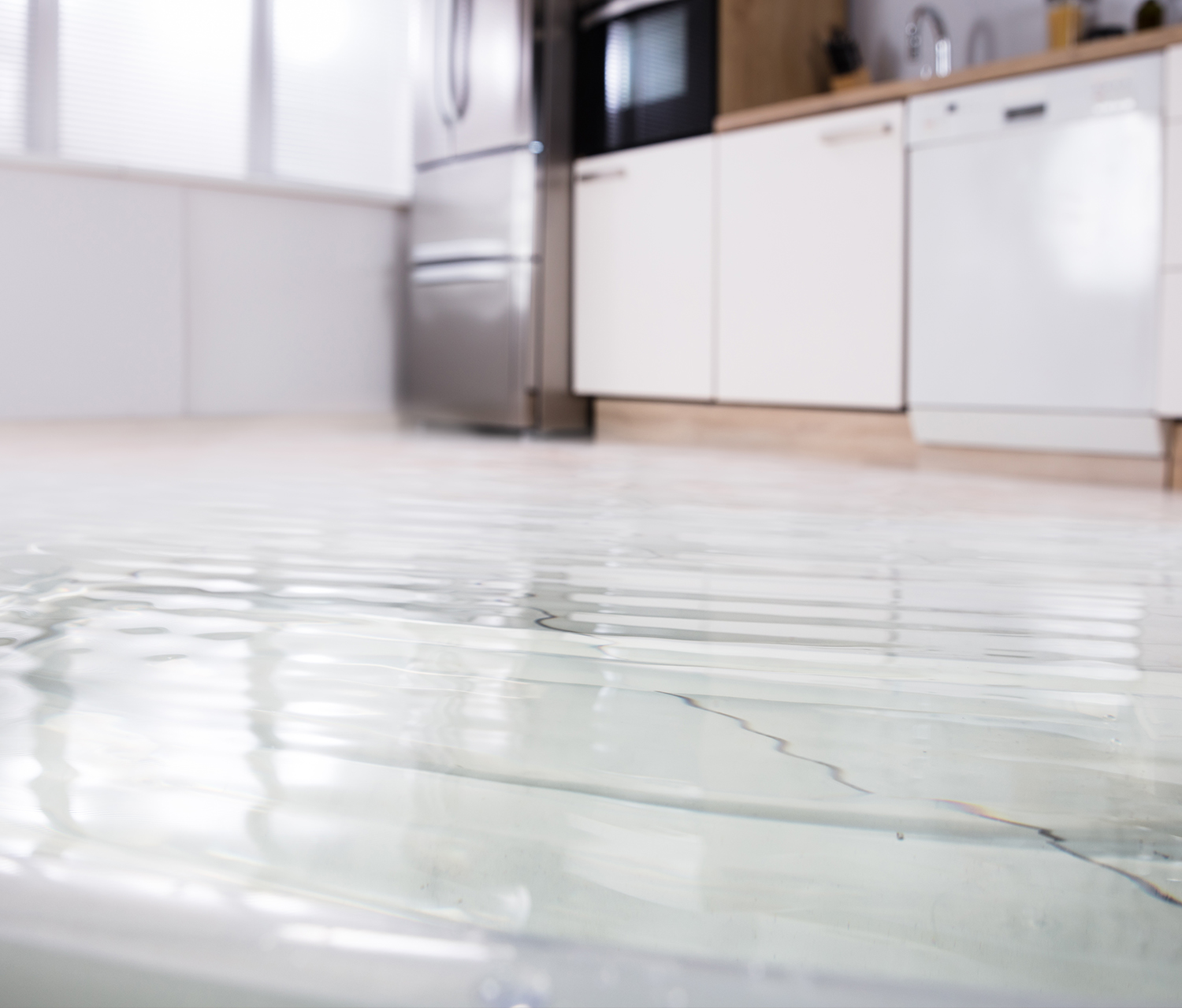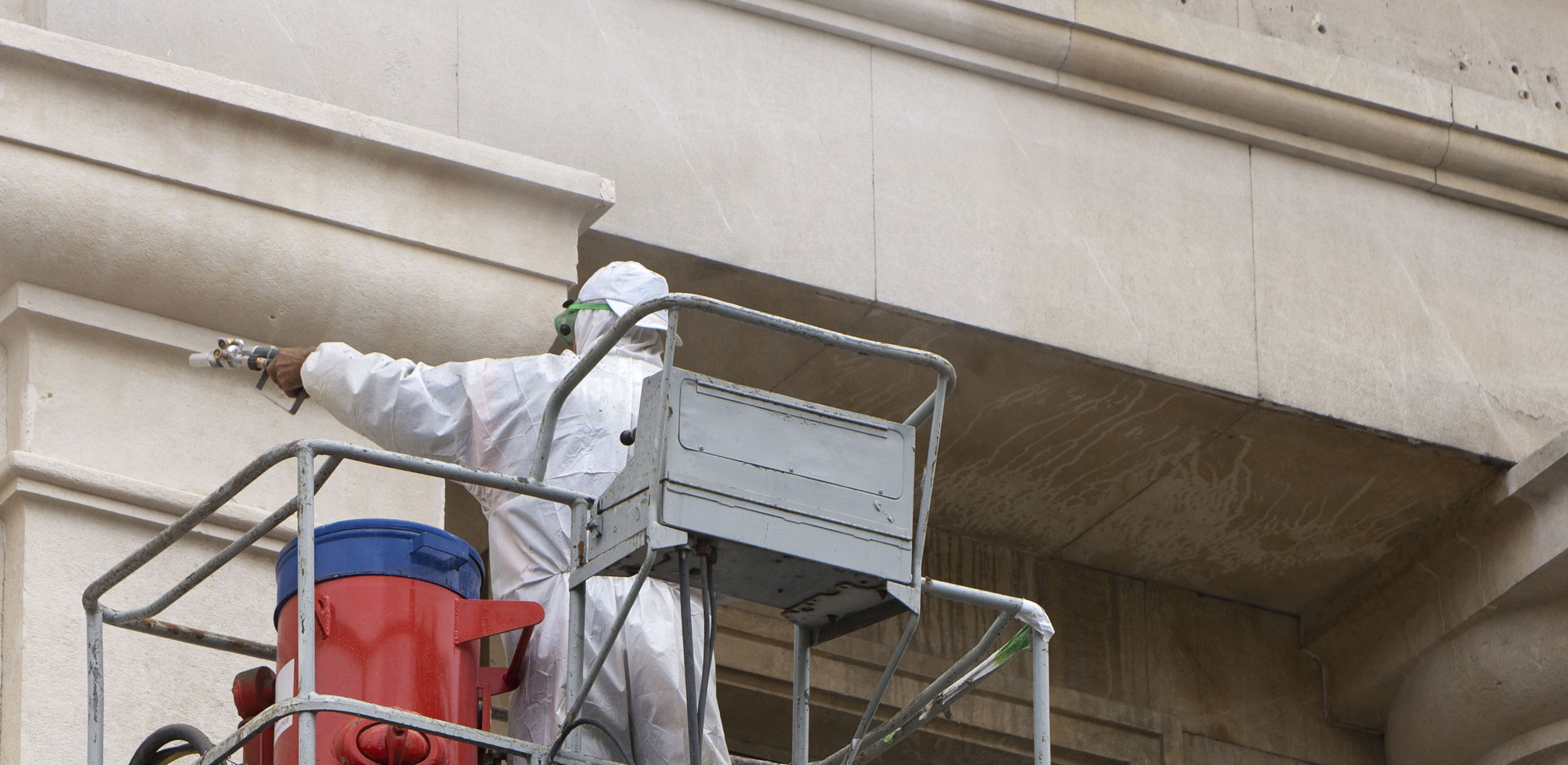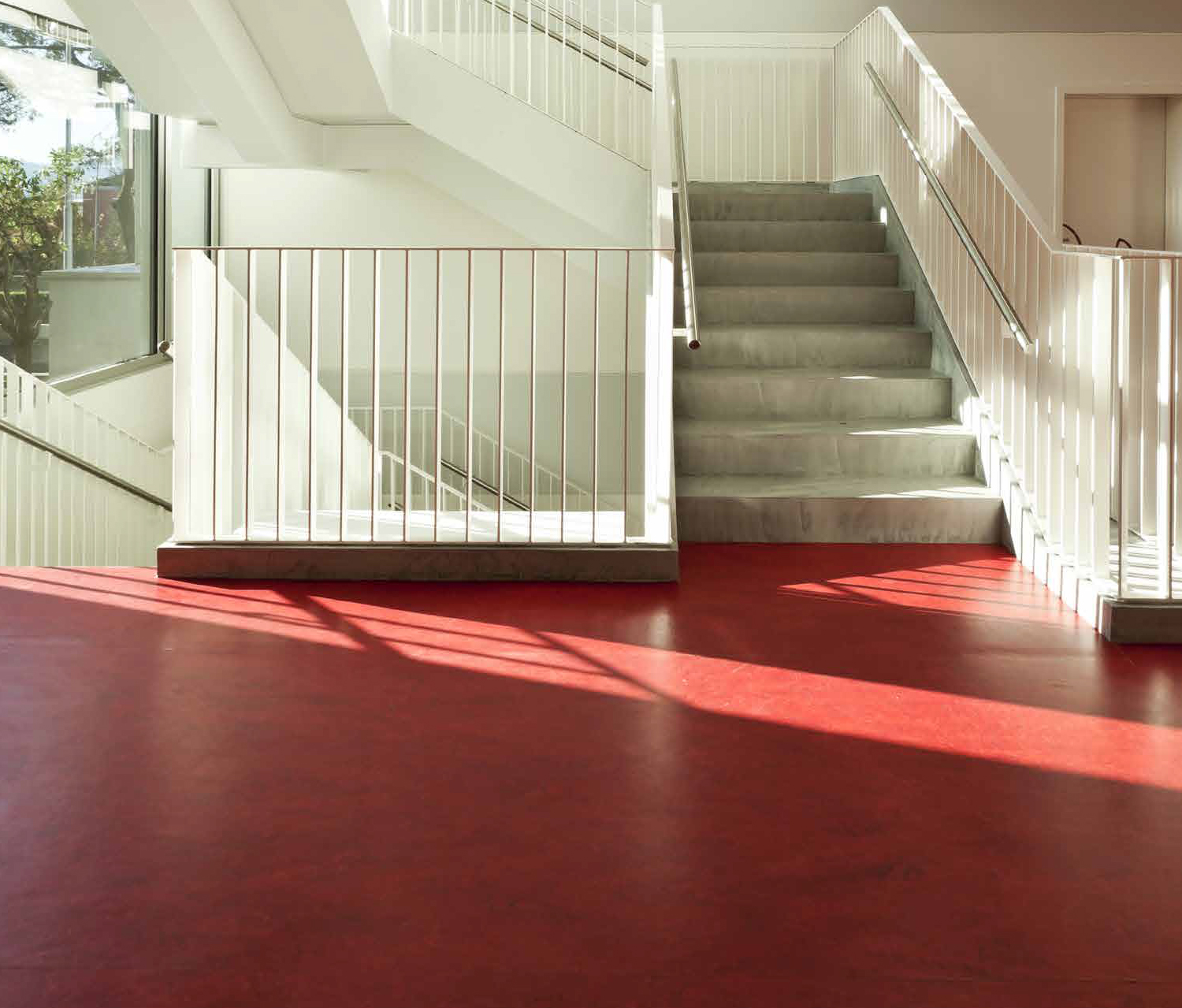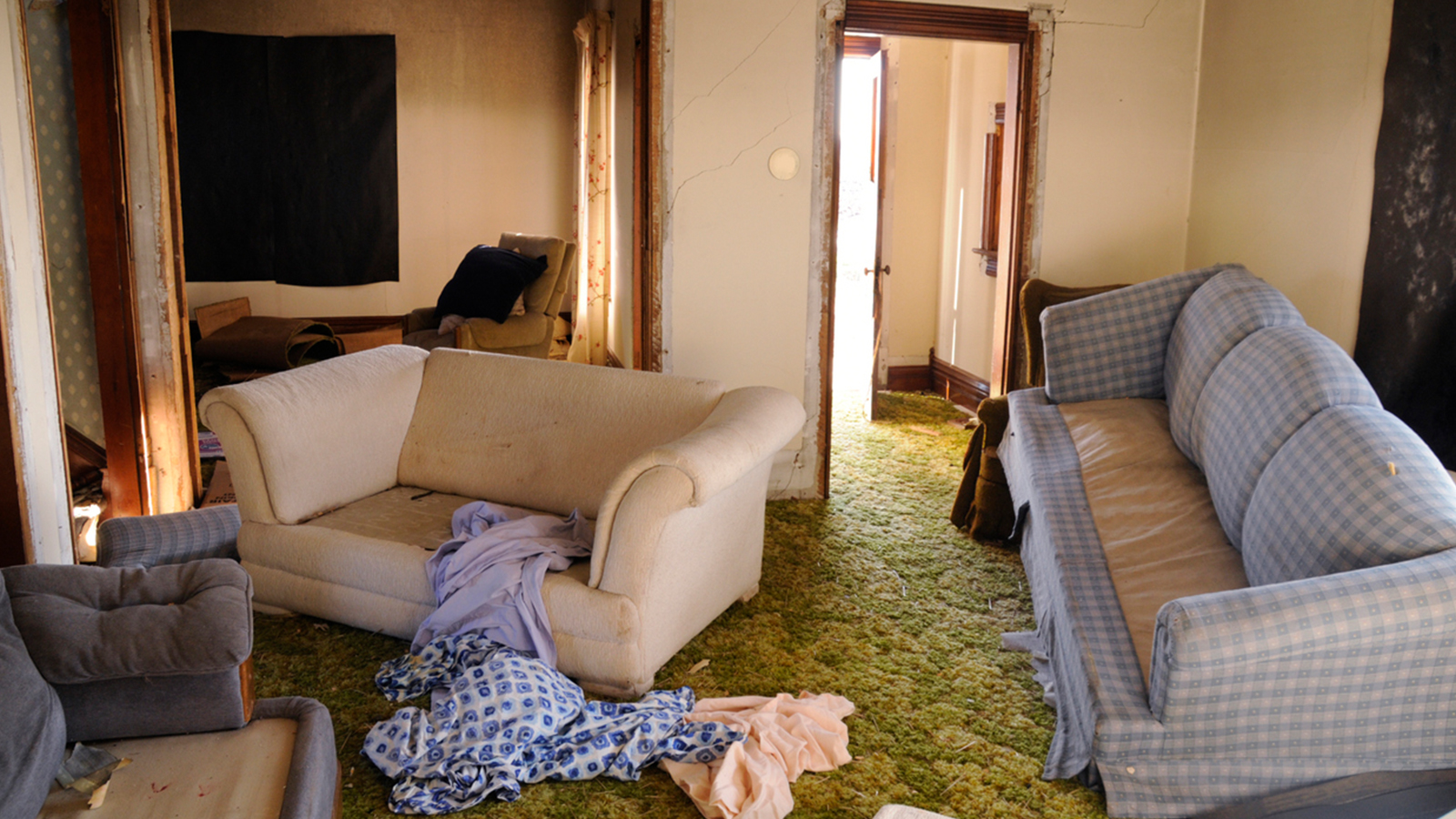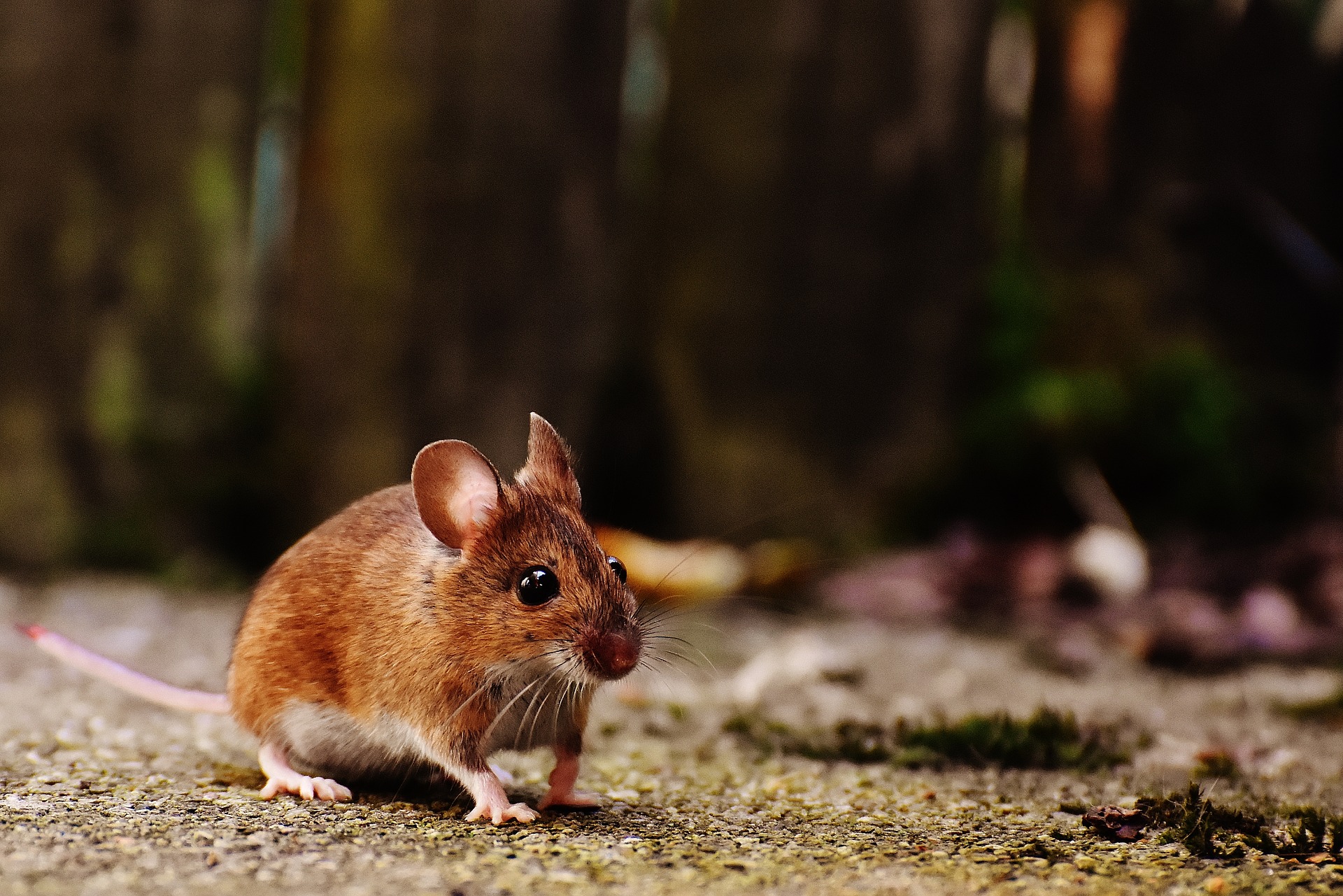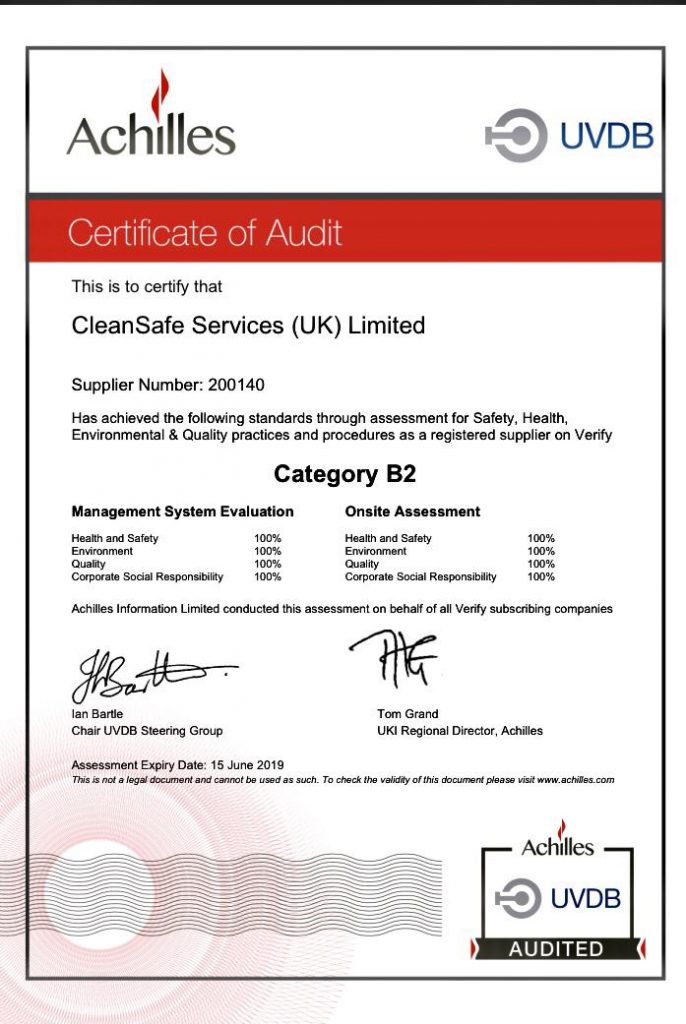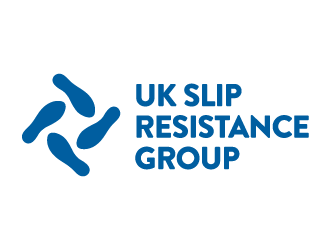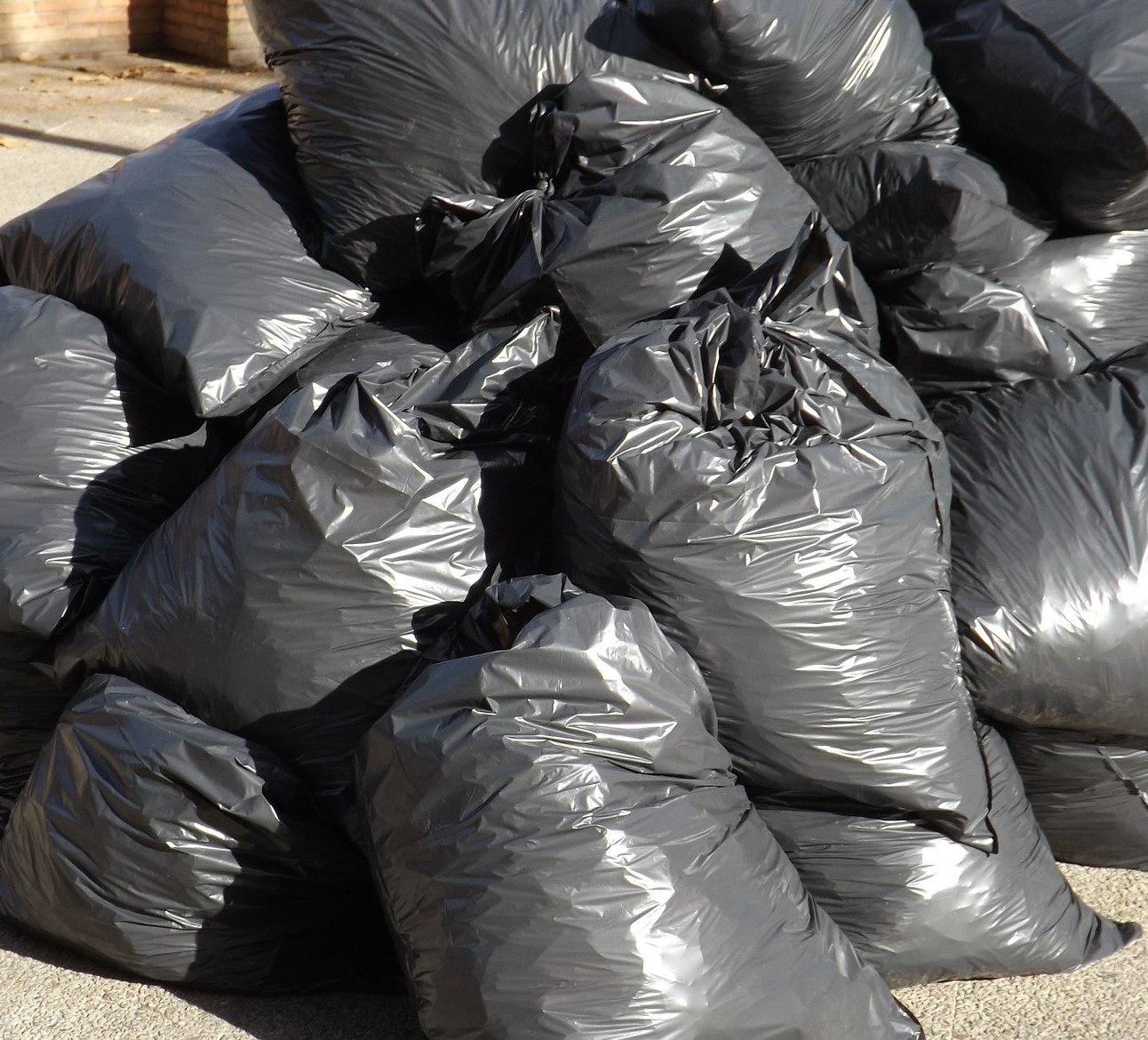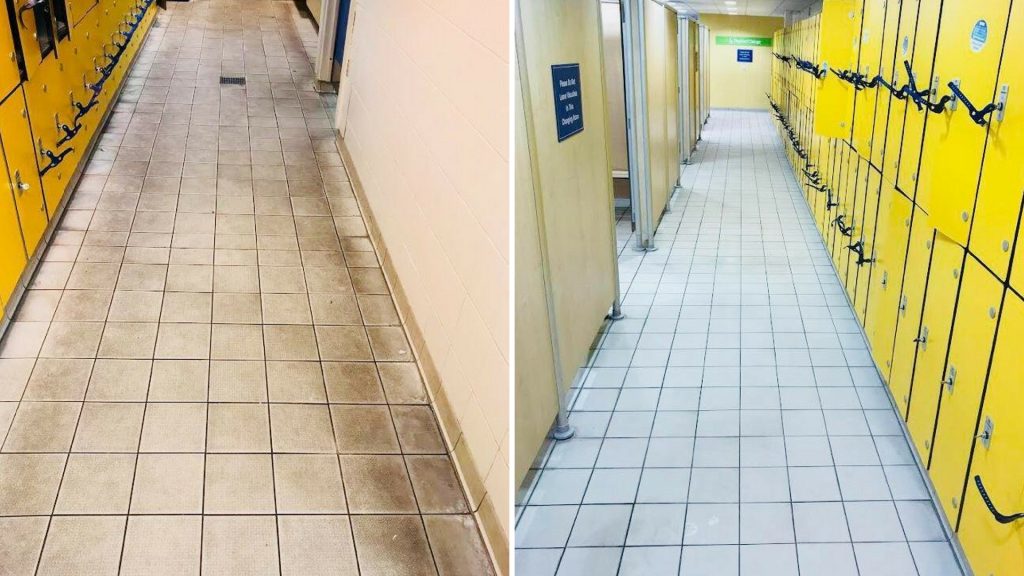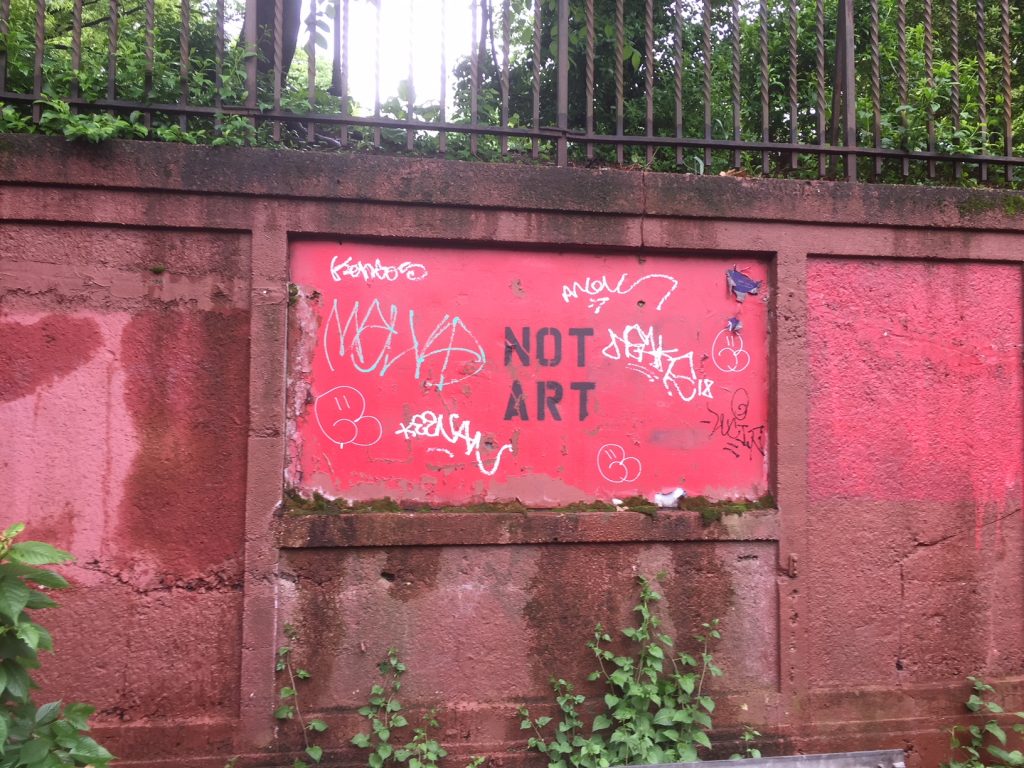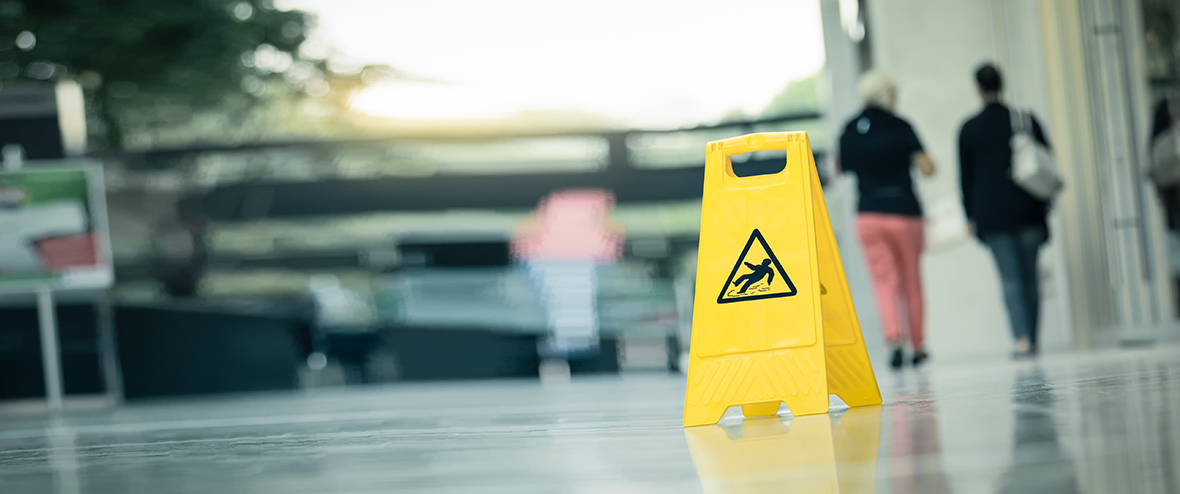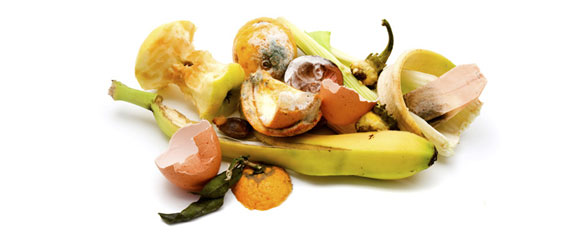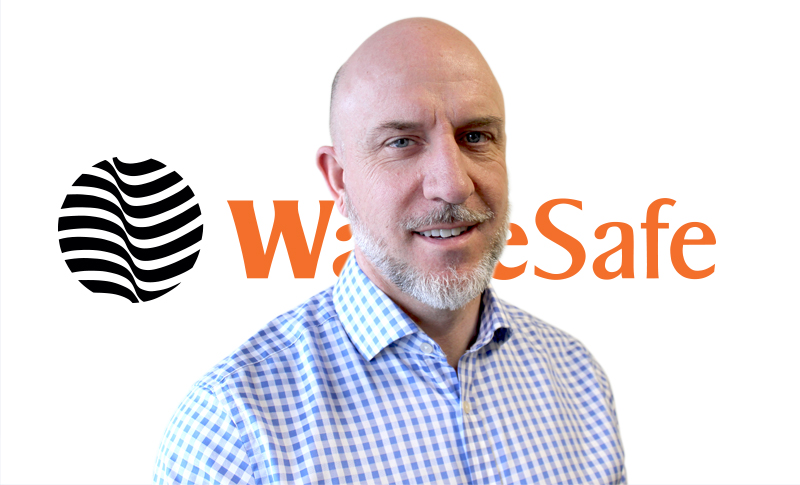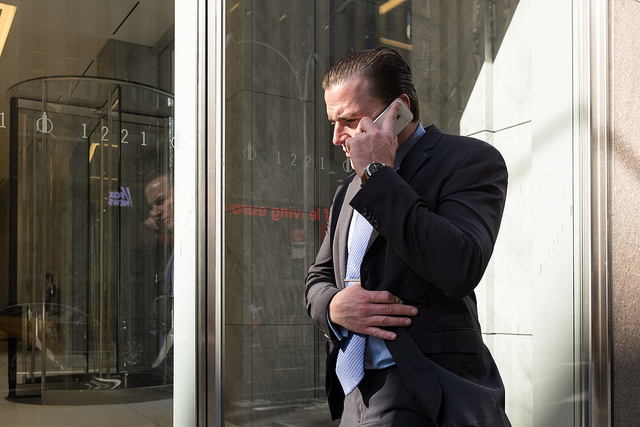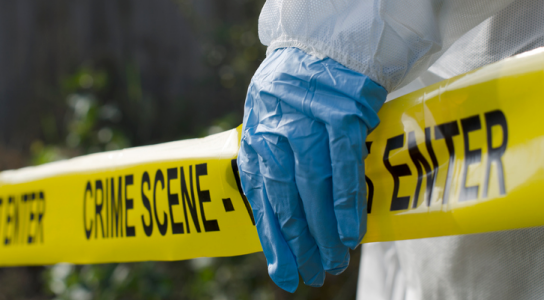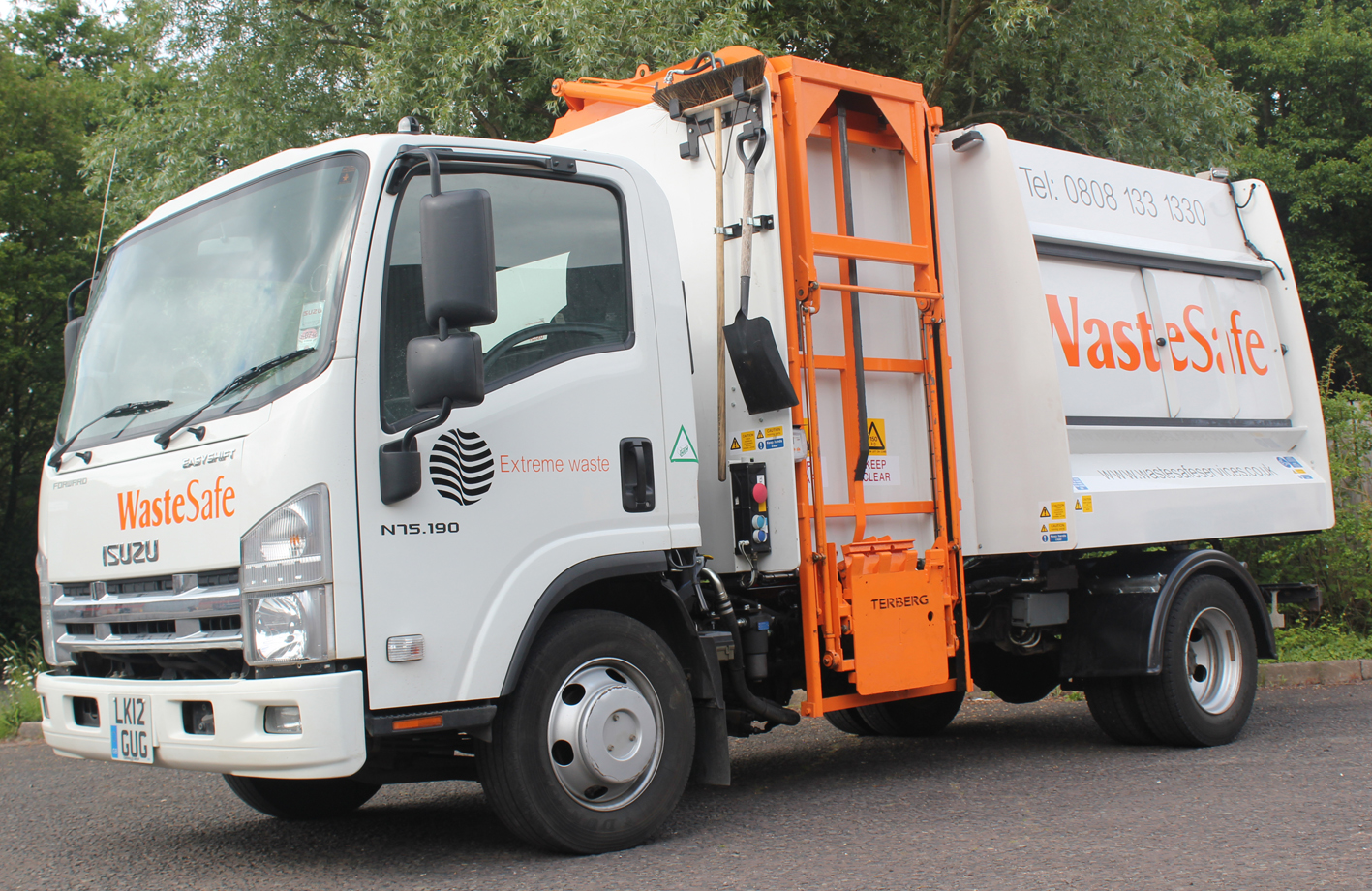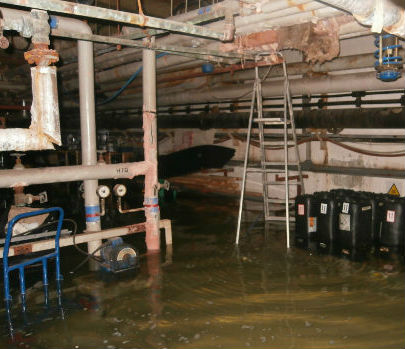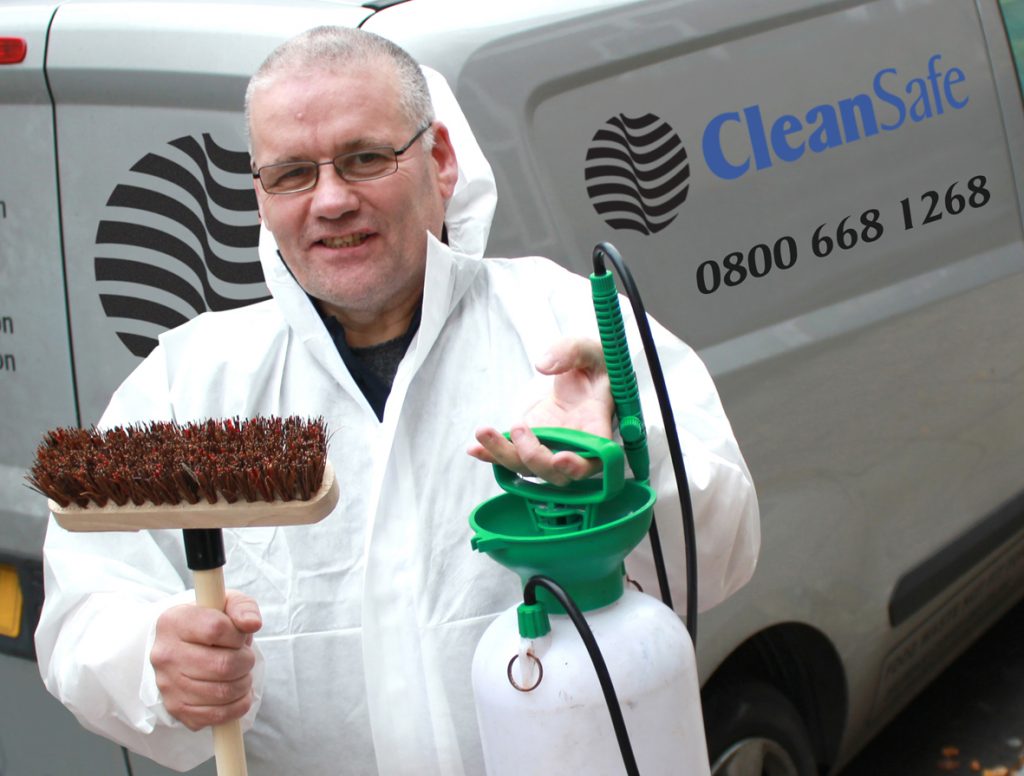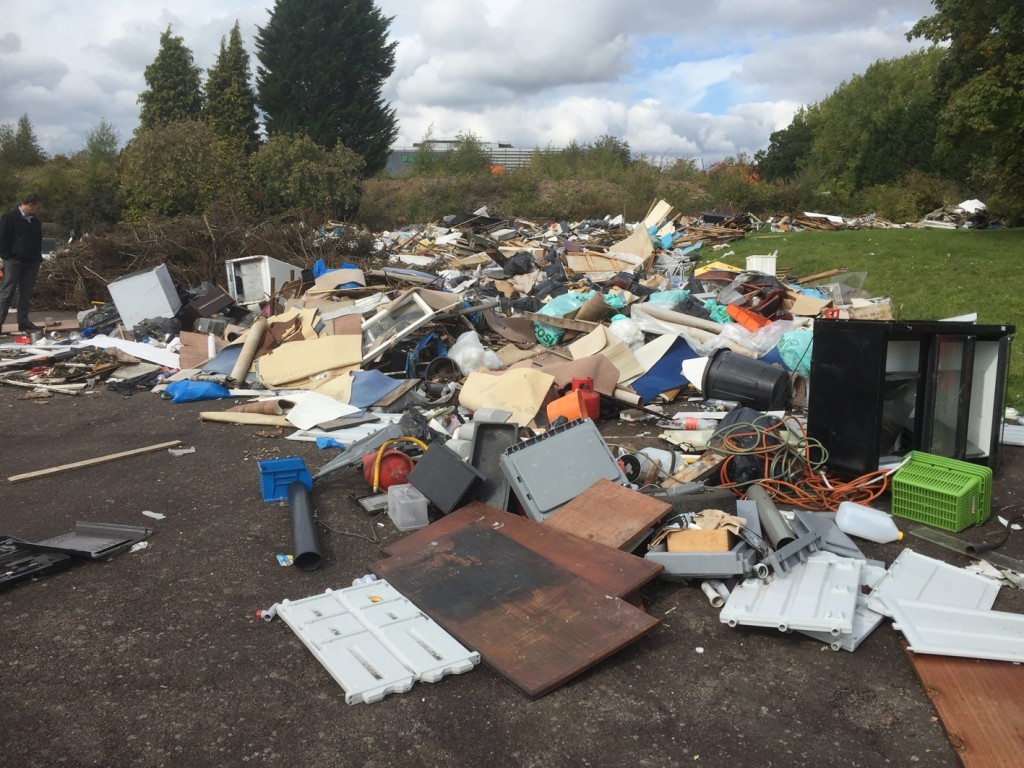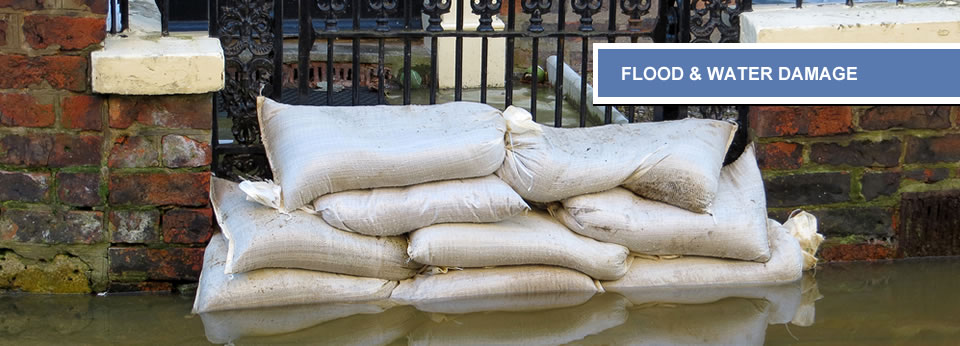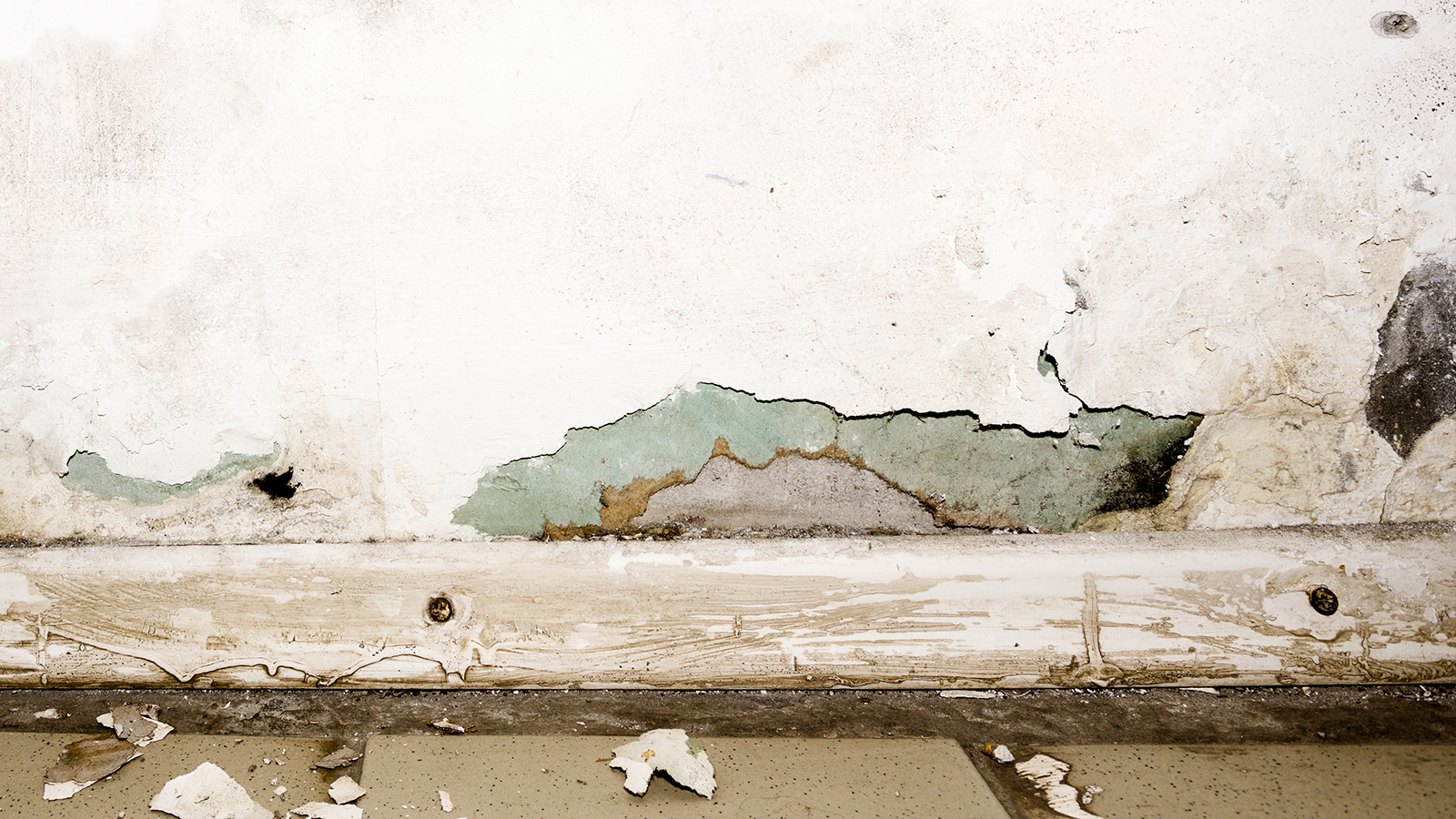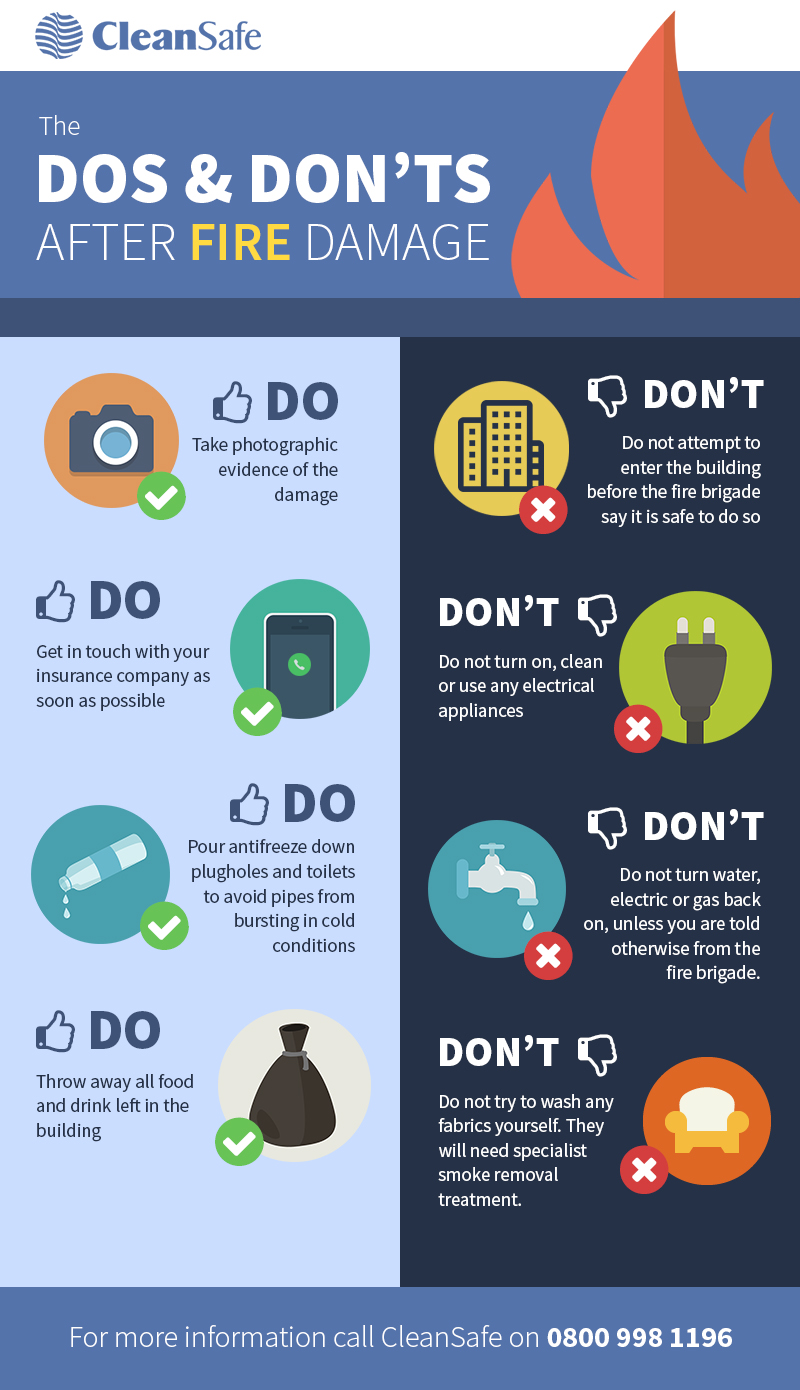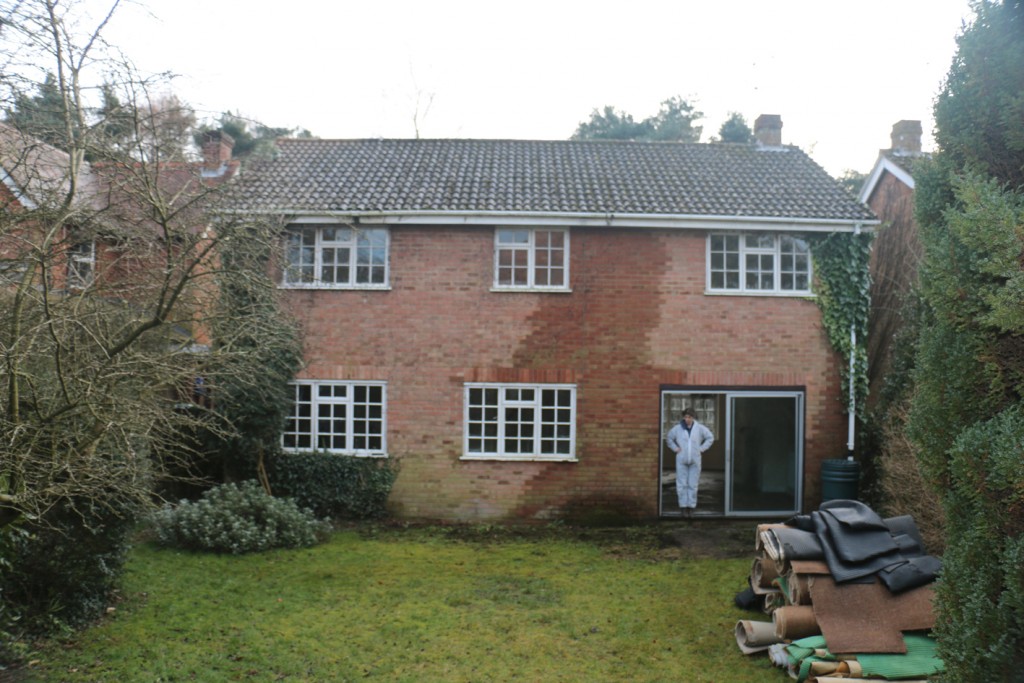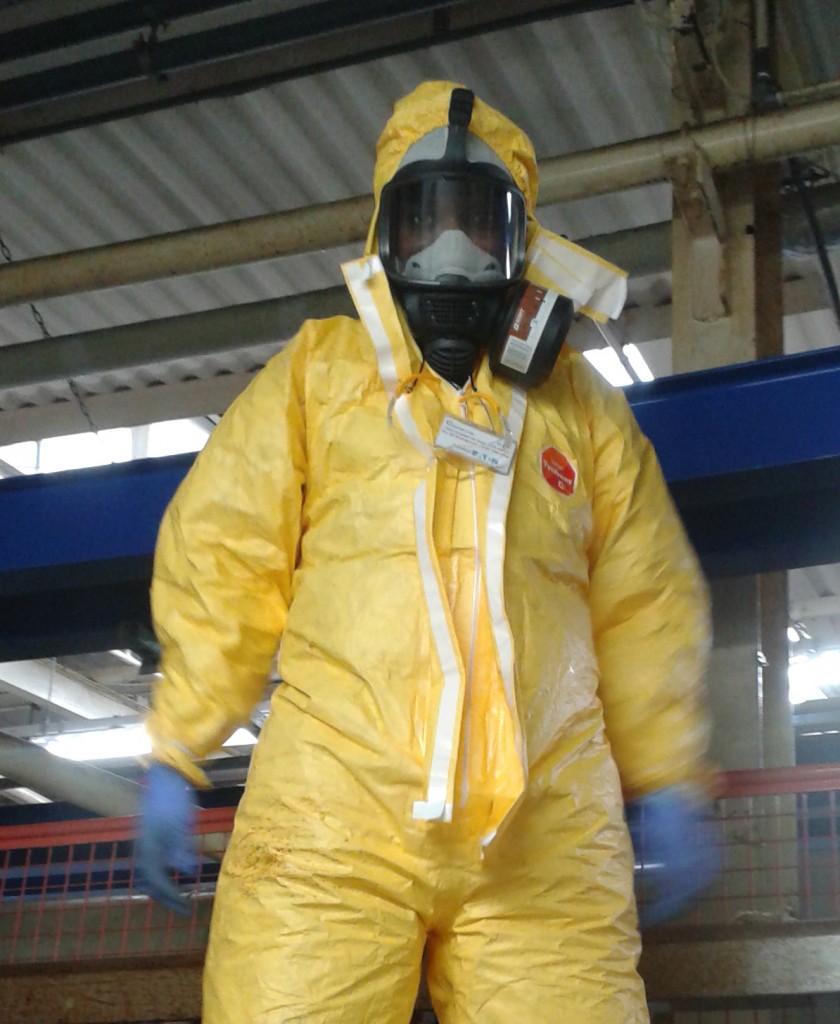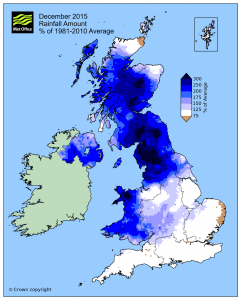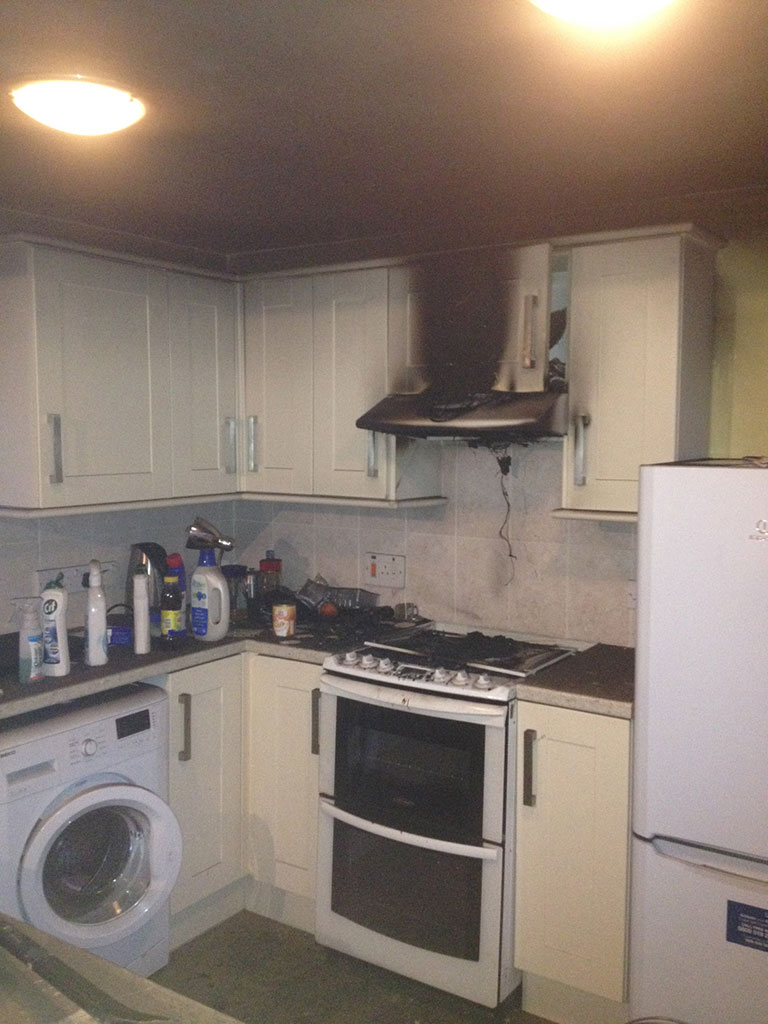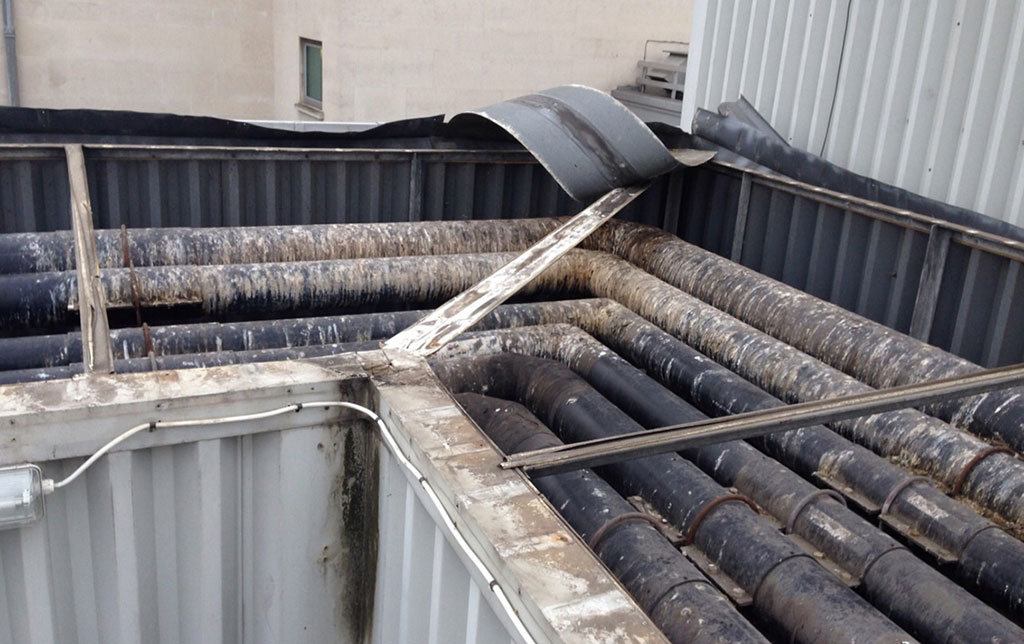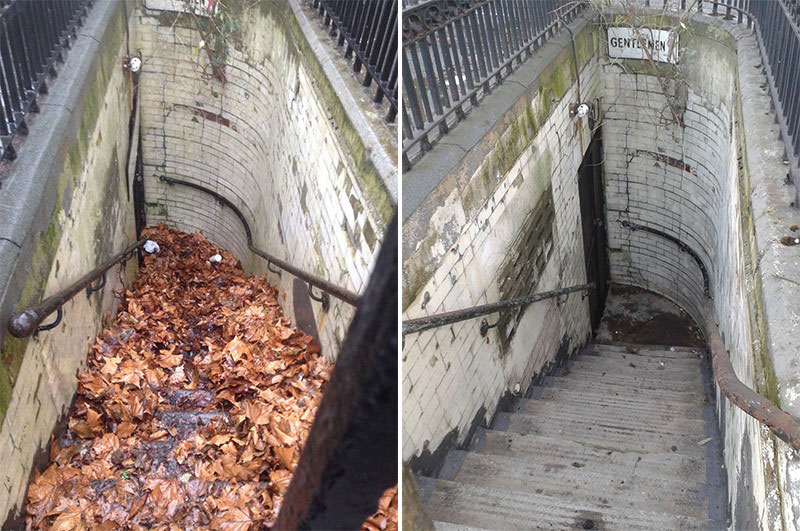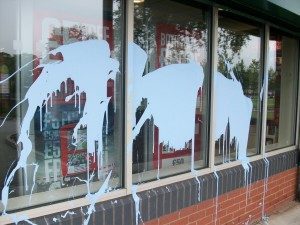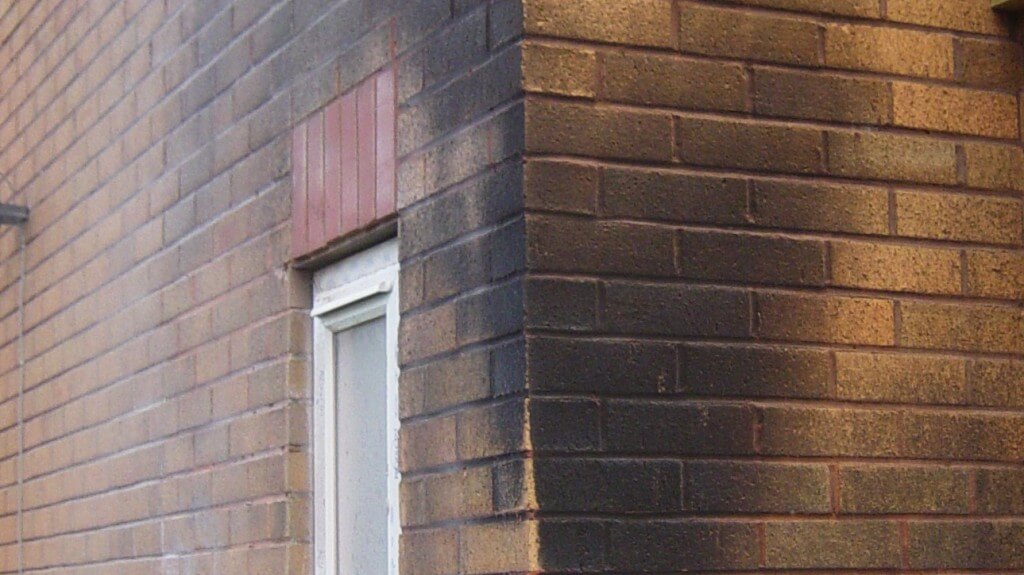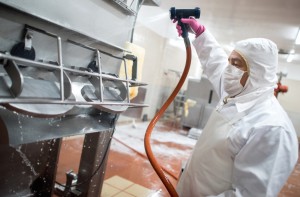
Roughly ten people a year die in the UK from food-induced anaphylaxis. Allergies are a very serious subject when it comes to food, with the previous figure, not even taking into consideration the amount of people who die due to asthma, some of which could be food-induced.
For the period of 1992-2012, hospital admissions for anaphylaxis increased by 615%, a shocking statistic which makes food factory cleaning a high priority for companies in this industry.
Which foods trigger allergies?
There are a myriad of foods which can flare an allergy, with many of them ingredients hidden inside other foods we buy. The following are just a handful of examples of foods which can trigger an allergic reaction:
- Gluten: wheat, barley, rye and oats
- Crustaceans
- Eggs
- Fish
- Nuts
- Milk
- Sesame
Because there are so many food allergens and ingredients which can cause fatal and near-fatal reactions, it’s important that there is no cross-contamination.
What is a food factory’s role?
Food factories ultimately, and quite obviously, need to think about hygiene when carrying out cleaning or seeking professionals to do this work. But as you can see from the above list – which is by no means exhaustive – the responsibility on factories to eliminate cross-contamination of ingredients is a widespread one.
The combination of these two elements means any cleaning must be exceptional and rigorous. Most food factories will have a daily cleaning schedule, a vital component in sanitation and the reduction of cross-contamination, but regular high level cleaning (sometimes referred to as deep cleans) is also required.
The following are a few handy things to ensure a food factory has, helping to establish a firm baseline for standards:
- Dedicated equipment for cleaning
- Regular, appropriate scheduled cleans
- Inspections and validation of cleaning
- Records of cleans carried out
Simple daily cleans are an excellent way of establishing good practices, but deep cleaning on the back of this will help to tackle buildups of bacteria, dust and food stuffs which would usually be missed.
How and where should deep cleaning be performed?
When you opt for a high level clean, this means that all areas of your food factory should be tackled. Floors, walls, machinery, equipment and all surfaces which come into contact with food should be thoroughly cleaned.
For the best results, it’s recommended that pressure washing or steam washing be carried out, with the latter being used for deeper cleaning.
Before any of this can be undertaken however, a plan should be drawn up. This is because all premises are different and will deal with different materials, requiring a tailored and considered approach each time. Taking time to prepare for a scheduled deep clean will also allow the right equipment and cleaning solutions to be acquired.
When should deep cleaning be carried out?
As already mentioned, high level cleaning should be carried out on a regular basis, but there are certain times at which this type of cleaning would be more suitable.
Many factories only operate throughout the day, making cleans during closed periods a lot easier. If you attempt to perform deep cleaning during the time a factory is operational, there is a risk of contaminating foods and a reduction in how far your cleaning can go.
It’s also impractical to expect certain areas to be cleaned on a daily basis, including higher areas of the room, pipes, ducts etc. thereby necessitating that specific time be set aside to clean such areas. The prevalence of electrical equipment is also a factor to be considered in the argument for the precise scheduling of deep cleaning, ensuring there are no accidents which risk employee safety and downtime of the business.
Additionally, if there are specific machines which are at risk from cross-contact – such as conveyor systems – the time the system is turned off and out of use is ideal for cleaning. Whether for scheduled maintenance or because the machine is turned off for dedicated cleaning, you’ll be more successful in maintaining high standards of sanitation.
Here at CleanSafe Services we deliver a first class hygienic cleaning service for any food factory, helping to increase hygiene within facilities and to assist in the elimination of cross-contamination.
If you operate in any part of the food industry and require deep cleaning for your facilities, simply contact us today and we will be happy to discuss your individual requirements.


